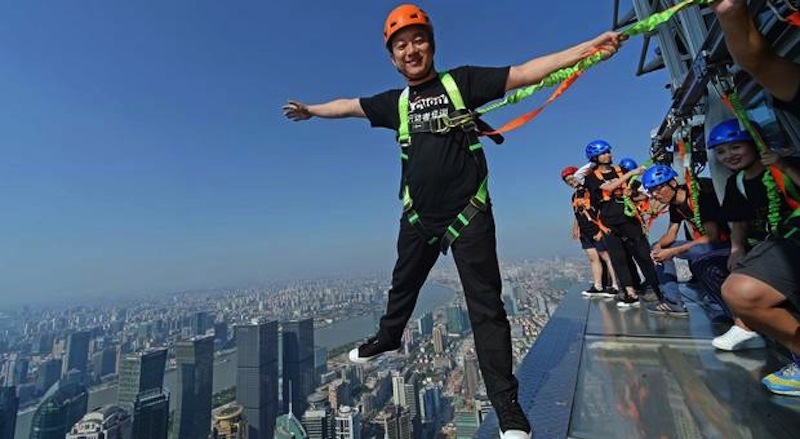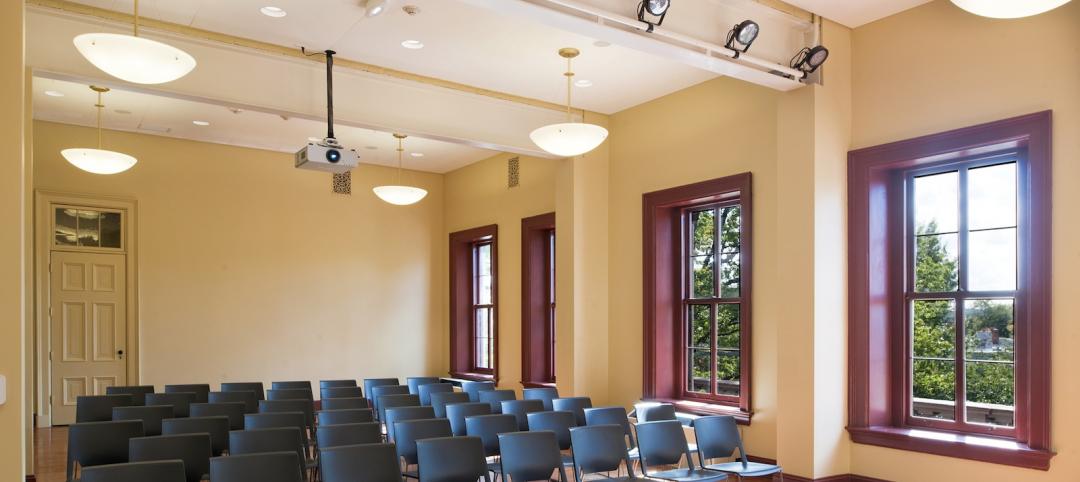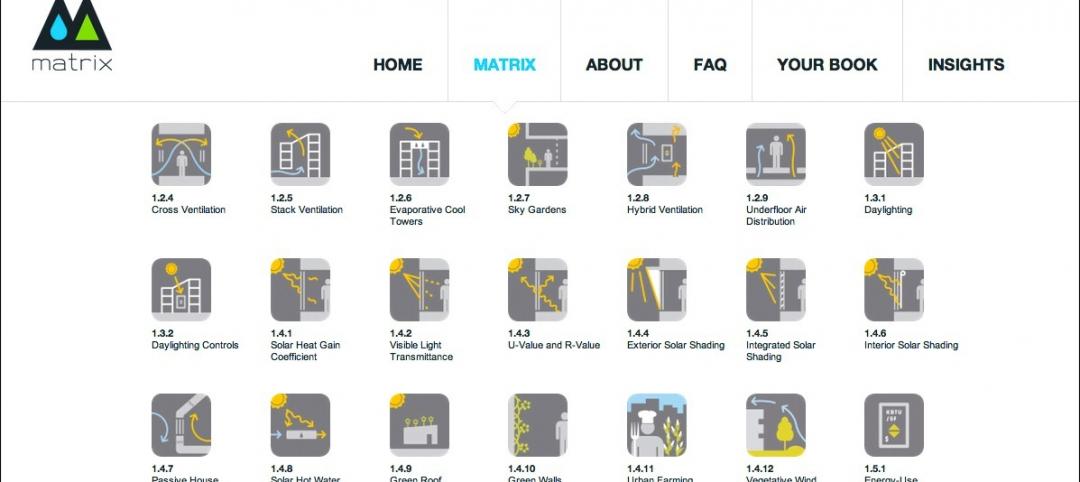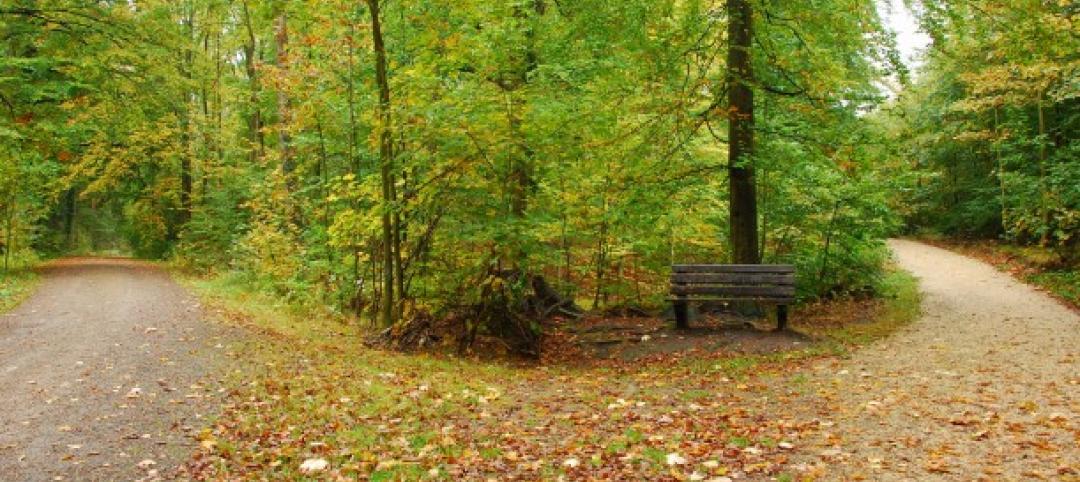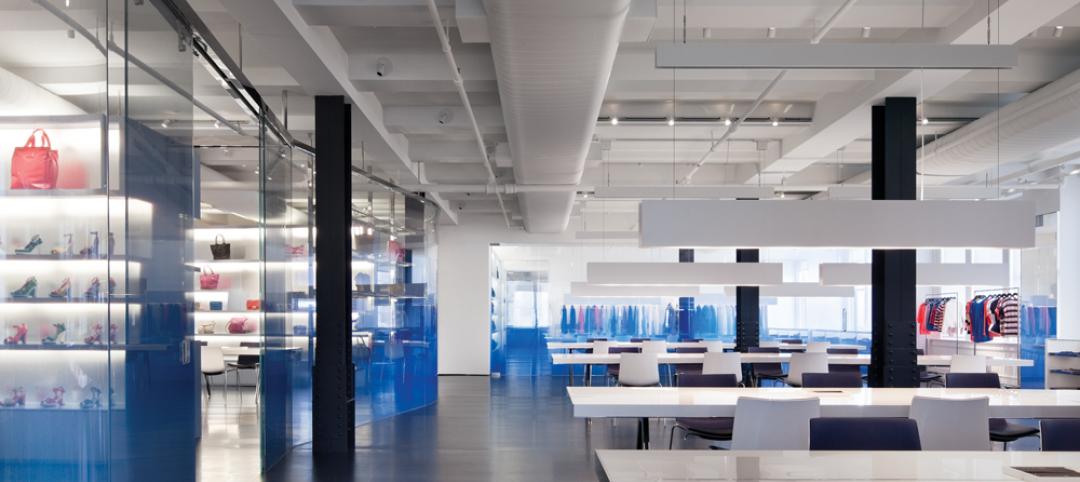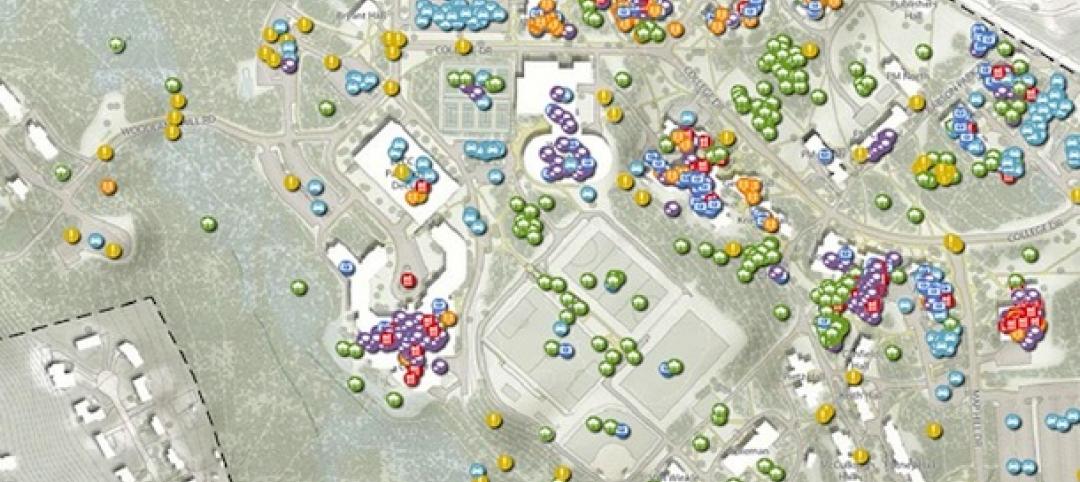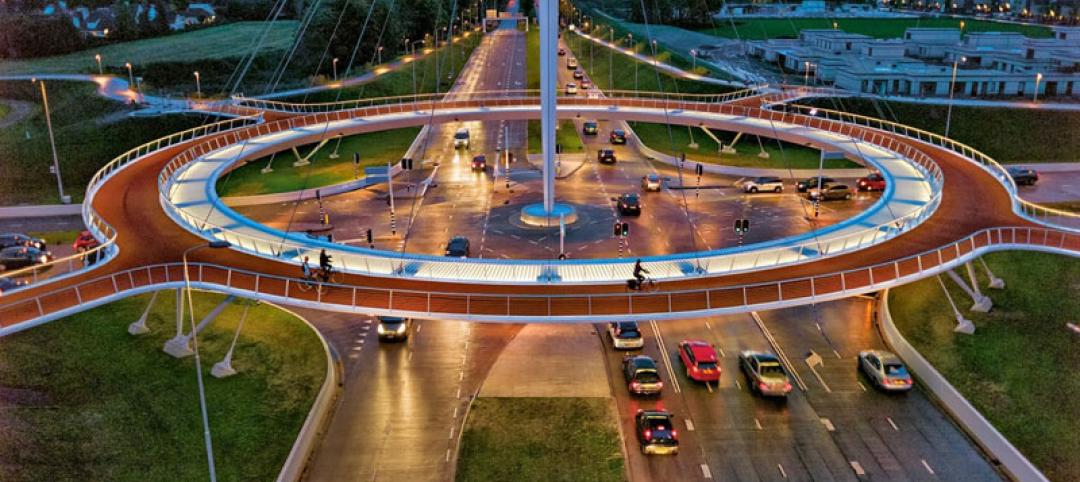The public can never get enough of death-defying diversions, from flagpole sitters in the 1920s to today’s ever-crazier rollers coasters. The last two “Mission Impossible” movies—which featured Tom Cruise actually scaling the outside of the Burj Khalifi and hanging onto the wing of a jet in flight—combined did nearly $1.4 billion in box office sales internationally. And one of the attractions of “extreme” sports and recreation is that the participants live to tell about it.
Thrill-seekers who happen to be in Shanghai can now literally live on the edge by dangling off of a safety rope from a 3.9-foot-wide skywalk with a see-through platform that wraps around the 88th floor of the Jin Mao Tower in Lujiazui, a peninsula locality in that metropolis.
The 60-meter (197-foot) skywalk is touted as the highest fenceless and all-transparent walkway in the world. At 1,115 feet above ground, the skywalk, which opened on July 29, provides breathtaking views of the city from a tower that is one of the world’s tallest skyscrapers.
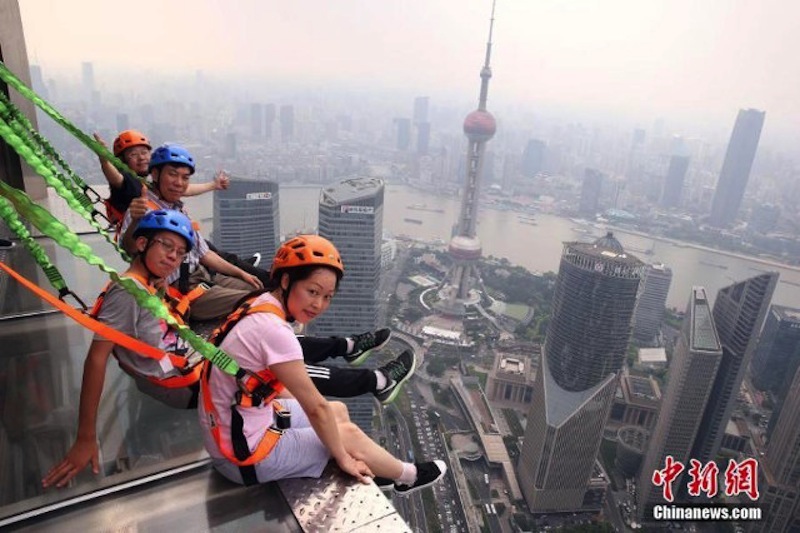
For the equivalent of US$58, visitors can spend up to 60 minutes in the open air, taking in Shanghai's modern cityscape. Image: 163.com via Mashable
Up to 15 visitors at a time can be harnessed to an overhead rail, and hang 10 over the ledge of the Jin Mao walkway for up to an hour. (They must sign waivers as a prerequisite, of course.) The height of the skywalk and time allowed on it outdo Macao Tower Skywalk X, which lets visitors take a 15- to 20-minute open-air stroll around the outer rim of the Macao Tower, 233 meters above the ground, according to China.org.
Skywalkers pay 388 yuan (US$58) for the Jin Mao attraction, with a discounted rate (298 yuan) for students.
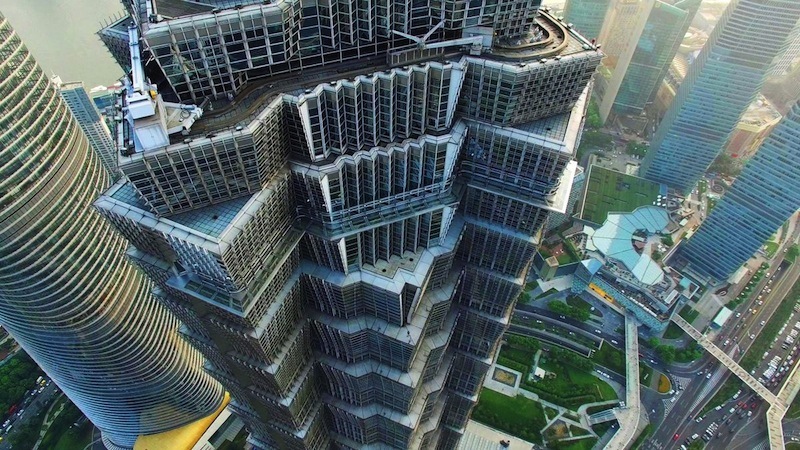
An aerial view of the 420.5-meter-tall Jin Mao Tower, one of the world's tallest skyscrapers. Image: BU BIAN/Imagine China/AP
The 402.5-meter-tall Jin Mao Tower, designed by architect Adrian Smith, was completed in 1999, according to the Wall Street Journal. It’s owned by Jinmao Hotel and Jinmao (China) Investments and Mana
Related Stories
| Apr 2, 2014
8 tips for avoiding thermal bridges in window applications
Aligning thermal breaks and applying air barriers are among the top design and installation tricks recommended by building enclosure experts.
| Mar 26, 2014
Callison launches sustainable design tool with 84 proven strategies
Hybrid ventilation, nighttime cooling, and fuel cell technology are among the dozens of sustainable design techniques profiled by Callison on its new website, Matrix.Callison.com.
| Mar 25, 2014
Sydney breaks ground on its version of the High Line elevated park [slideshow]
The 500-meter-long park will feature bike paths, study pods, and outdoor workspaces.
| Mar 20, 2014
Common EIFS failures, and how to prevent them
Poor workmanship, impact damage, building movement, and incompatible or unsound substrate are among the major culprits of EIFS problems.
| Mar 13, 2014
Do you really 'always turn right'?
The first visitor center we designed was the Ernest F. Coe Visitor Center for the Everglades National Park in 1993. I remember it well for a variety of reasons, not the least of which was the ongoing dialogue we had with our retail consultant. He insisted that the gift shop be located on the right as one exited the visitor center because people “always turn right.”
| Mar 12, 2014
14 new ideas for doors and door hardware
From a high-tech classroom lockdown system to an impact-resistant wide-stile door line, BD+C editors present a collection of door and door hardware innovations.
| Feb 26, 2014
Billie Jean King National Tennis Center serving up three-phase expansion
The project includes the construction of two new stadiums and a retractable roof over the existing Arthur Ashe Stadium.
| Feb 14, 2014
First look: Kentucky's Rupp Arena to get re-clad as part of $310M makeover
Rupp Arena will get a 40-foot high glass façade and a new concourse, but will retain many of its iconic design elements.
| Feb 14, 2014
Crowdsourced Placemaking: How people will help shape architecture
The rise of mobile devices and social media, coupled with the use of advanced survey tools and interactive mapping apps, has created a powerful conduit through which Building Teams can capture real-time data on the public. For the first time, the masses can have a real say in how the built environment around them is formed—that is, if Building Teams are willing to listen.
| Feb 11, 2014
World's first suspended bicycle roundabout [slideshow]
Located in the Netherlands, the project was designed to promote a healthier lifestyle.


